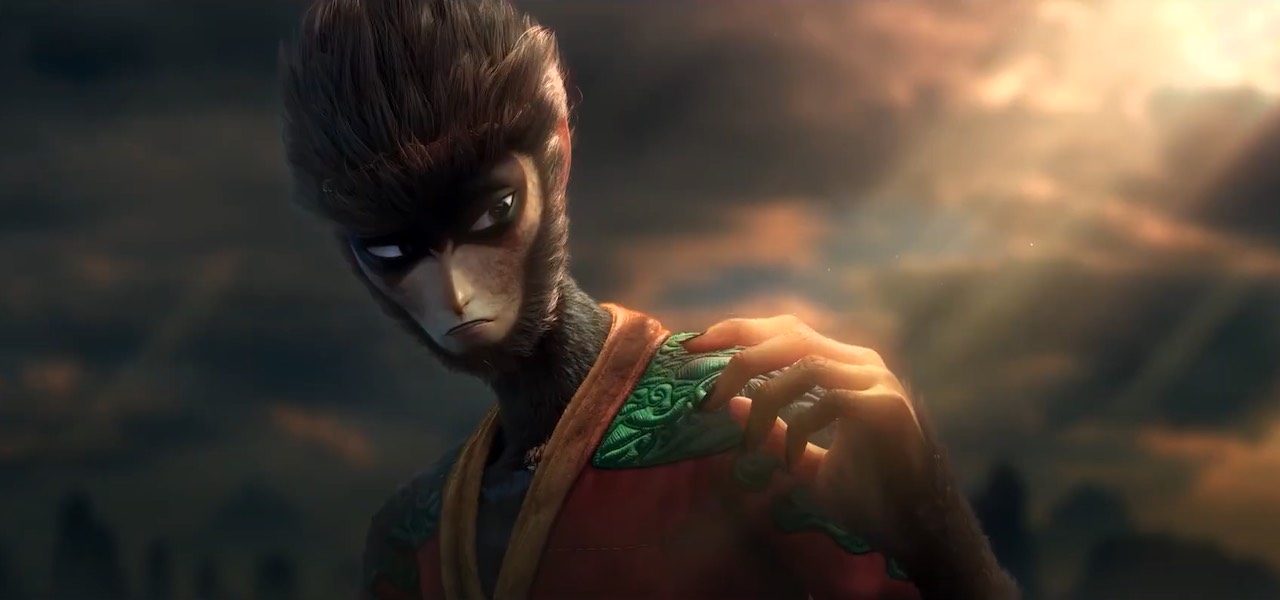
She also suggests that, inevitably for an abridgment, the choice of what not to translate is as important as how one translates.

“First, language changes.” Indeed, and succinctly put. In her introduction, Lovell suggests two justifications for a new single volume translation/abridgment. But is a new version necessary? For eighty years now, the Waley translation and abridgment has been the standard text, other than the complete translations, which run to four volumes. Lovell and her publishers have obviously aimed this new English version of Monkey King at a younger, 21st century audience. Spider-Man’s struggle against his own ego in the bowels of a pro- wrestling arena echoes the Monkey King’s struggle against his own ego in the bowels of a mountain of rock. Superman’s epic battle with Doomsday echoes the Monkey King’s epic battle with Red Boy. Superman, Spider-Man, and Captain America were simply Western expressions of everything I loved about the Monkey King. Yang connects the dots between the superheroes in Monkey King and superheroes more familiar to modern Western children: Gene Luen Yang contributes a foreword to this new version-he’s the author/artist of the best-selling American Born Chinese (2006) and was later named National Ambassador for Young People’s Literature, a position granted by the Children’s Book Council.
RETURN OF THE MONKEY KING FILM TV
I actually rediscovered that old Japanese TV show with my teenage son last year, and I was struck by how he, too, was immediately entranced and entertained by it. the extraordinary fantasy sequences, the rebellious irreverence of the character Monkey, the out-there monsters and demons, and the Kung Fu fighting sessions. I would sit in front of the TV mesmerized by a show called Monkey … even though the production values were low and the dubbing was clumsy, the characters and situations were so hilariously eccentric that it became a cult cultural phenomenon for me and for many of my generation in the UK.

In a December interview with the LA Review of Books, Lovell describes the first contact she had with Monkey King, during her childhood Saturday mornings in provincial England. Also a few years later, the BBC subtitled the Japanese version and broadcast it throughout Britain and the Commonwealth.
RETURN OF THE MONKEY KING FILM SERIES
In the late 1970s, Japan’s NHK made a TV series version of Monkey King, which became enormously popular in Japan and spawned a mainland Chinese TV version a few years later that one can still see on Saturday morning children’s television in greater China. But for East Asian cultures, Monkey King has contemporary currency beyond even The Wizard of Oz or The Lord of the Rings, to which works it bears more than a passing resemblance- Star Wars, as above, comes to mind, along with myriad comic book and anime epics.

These centuries-old canonical works may evoke mildew and dust. … a cornerstone text of Chinese fiction, and an index to early modern Chinese culture, thought, and history: its stature in East Asian literature may be compared with that of The Canterbury Tales or Don Quixote in European letters. Lovell’s introduction to her just-released version provides a succinct plot summary of Monkey King, along with an (unsurprisingly masterful) overview of the work’s place in East Asian and diaspora culture: They encounter spectacular and fantastic dangers, yet survive and return with their treasure, and attain immortality.” But such a reduction does reveal Monkey King to be another rendition of what Joseph Campbell calls the monomyth, the hero’s journey-Luke Skywalker is but a recent version.

I open this review with a hat tip to Star Wars, in part because trying to offer a plot synopsis of Monkey King in a thousand-word essay would be like trying to capture Lucas’s oeuvre within the same confines-the result would be something bloodless and boring like “A band of unlikely, supernatural and flawed heroes join forces for a quest seeking the Holy Grail of their era, sacred Buddhist sutras far away in the West. … it was such a disgrace for a man of literary reputation to produce a novel in the vulgar tongue that the story was published anonymously. And “anonymous” because, as scholar and eventual Ambassador to the United States, Hu Shih, suggests in his introduction to the venerable Arthur Waley translation of 1943: “Assembled” because Monkey King, or Journey to the West (c 1580), is in substantial part a collection of the folk tales of many previous centuries, based on the legendary journeys of a T’ang Dynasty (618-906) monk, Tripitaka. Centuries ago, in an empire far far away, an anonymous journeyman scribe authored and assembled a picaresque that became one of China’s most revered and influential literary works.


 0 kommentar(er)
0 kommentar(er)
